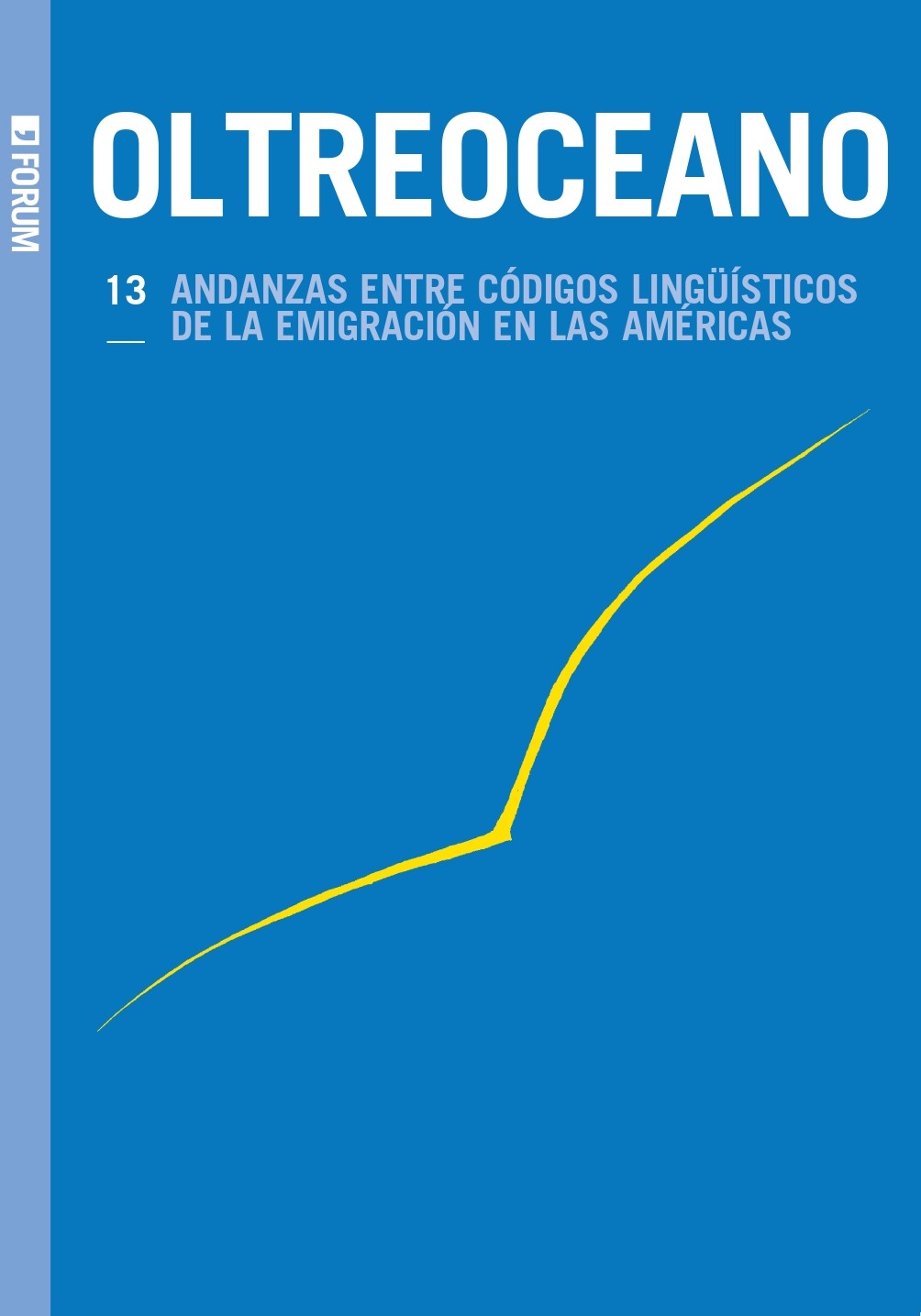Lengua, identidad y resistencia en Duelo del lenguaje de Rosario Ferré
Keywords:
Puerto Rico, identidad cultural, lenguas en contactoAbstract
En Duelo del lenguaje, Rosario Ferré explora cómo las identidades culturales se articulan a través de la lengua y la historia. Ambos discursos se intersecan al compartir un carácter transitorio y maleable. La batalla particular que se ha dado en Puerto Rico entre el inglés y el español da pie a una reflexión poética sobre la construcción de una identidad cultural hispánico-caribeña que tiene sus paralelos con el discurso de la hispanidad en los Estados Unidos. En ambos espacios la lengua y la historia son ejes de resistencia cultural y defensa de una identidad diferente, no absorbida todavía por la cultura anglosajona dominante.
Language, Identity and Resistance in Duelo del lenguaje by Rosario Ferré
In Duelo del lenguaje, Rosario Ferré explores how cultural identities articulate themselves through the discourses of language and history. They intersect due to the transitory and malleable nature they have in common. The battle between English and Spanish languages in Puerto Rico makes the poet reflect on the parallels that exist between the Hispanic Caribbean identity in the Island and the “Hispanidad” in the United States. In Puerto Rico and the Hispanic communities located elsewhere in the United States, language and history are the core for cultural resistance and the protection of a different identity not yet absorbed by
the Anglo-Saxon dominant culture.
Lingua, identità e resistenza in Duelo del lenguaje di Rosario Ferré
In Duelo del lenguaje, Rosario Ferré esamina il modo in cui le identità culturali si articolano attraverso le lingue e la storia, discorsi che s’intersecano per la loro caratteristica transitoria e malleabile. La particolare battaglia avvenuta a Puerto Rico tra l’inglese e lo spagnolo fa sì che Ferré avvii una riflessione poetica sulla costruzione di un’identità culturale ispanico-caraibica, la quale presenta dei parallelismi con il discorso della “Hispanidad” negli Stati Uniti. In entrambi i paesi, difatti, la lingua e la storia costituiscono assi di resistenza culturale e di difesa di una identità diversa, non ancora assorbita dalla cultura anglosassone dominante.
Downloads
References
Ferré, R. (1982): Fábulas de la garza desangrada. México: Joaquín Mortiz.
Ferré, R. (1992): Las dos Venecias. México: Joaquín Mortiz.
Ferré, R. (1995): The House on the Lagoon. New York: Farrar, Straus & Giroux.
Ferré, R. (2002): Duelo del lenguaje. New York: Vintage Books.
Montilla, P. (2016): Bilingualism and Pan-Hispanic Unity in the United States: Rosario Ferré’s Language Duel. Label Me Latina/o, 6. Recuperado de http://labelmelatin.com/wp-content/uploads/ 2016/03/Patricia-Montilla-Bilingualism-Biculturalism-and-Pan-Hispanic-Unity-in-the- United-States-Rosario-Ferr%C3%A9%E2%80%99s-Language-Duel.pdf
Negrón Muntaner, F. (2016/01/22): Sin pelos en la lengua: Entrevista a Rosario Ferré. 80grados. Recuperado de http://www.80grados.net/sin-pelos-en-la-lengua-entrevista-a-rosario-ferre/
RAE (2014): Diccionario de la Real Academia Española. Recuperado de http://dle.rae.es/?id=EEl28uS|EEmPUc7
Torres González, R. (2002): Idioma, bilingüismo y nacionalidad. La presencia del inglés en Puerto Rico. San Juan: Universidad de Puerto Rico.
Downloads
Published
How to Cite
Issue
Section
License

This work is licensed under a Creative Commons Attribution-NonCommercial-ShareAlike 4.0 International License.
The authors undertake to comply with the following conditions, which are considered accepted at the time of submission of their contributions.
The sending of a text implies that it is unpublished and not submitted to be published elsewhere.
1. If accepted, the author shall confer on the publisher the right to publish and distribute it both in paper form and in the online electronic edition. The published articles will be downloadable and made available in open access.
2. Provided that it correctly indicates that the first publication took place in the journal Oltreoceano. Rivista sulle migrazioni the author has the right to: a) reproduce the article in separate extracts or collected in a volume; b) publish the article on their personal website or teaching site provided that these sites are of a non-commercial nature; c) deposit the article in online archives of a non-commercial nature, linked to the institution they belong to or as part of projects for the non-commercial dissemination and open access of scientific works.
The use of contributions by third parties, for commercial or otherwise unauthorized purposes, is not allowed. The publisher declines all responsibility for the unauthorized use of the material published in the journal.












